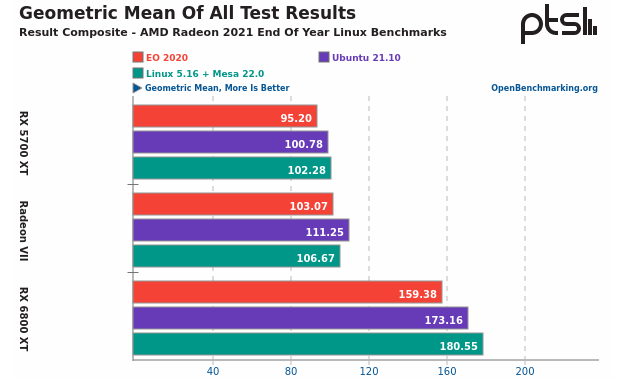Parece vir aí um grande update, em princípio, para o kernel 4.20
AMD Preps For A Big Linux 4.20 Kernel With Vega 20, Picasso, Raven 2, xGMI, Better DC
https://www.phoronix.com/scan.php?page=news_item&px=AMDGPU-DRM-Next-4.20-2
AMD Preps For A Big Linux 4.20 Kernel With Vega 20, Picasso, Raven 2, xGMI, Better DC
https://www.phoronix.com/scan.php?page=news_item&px=AMDGPU-DRM-Next-4.20-2




